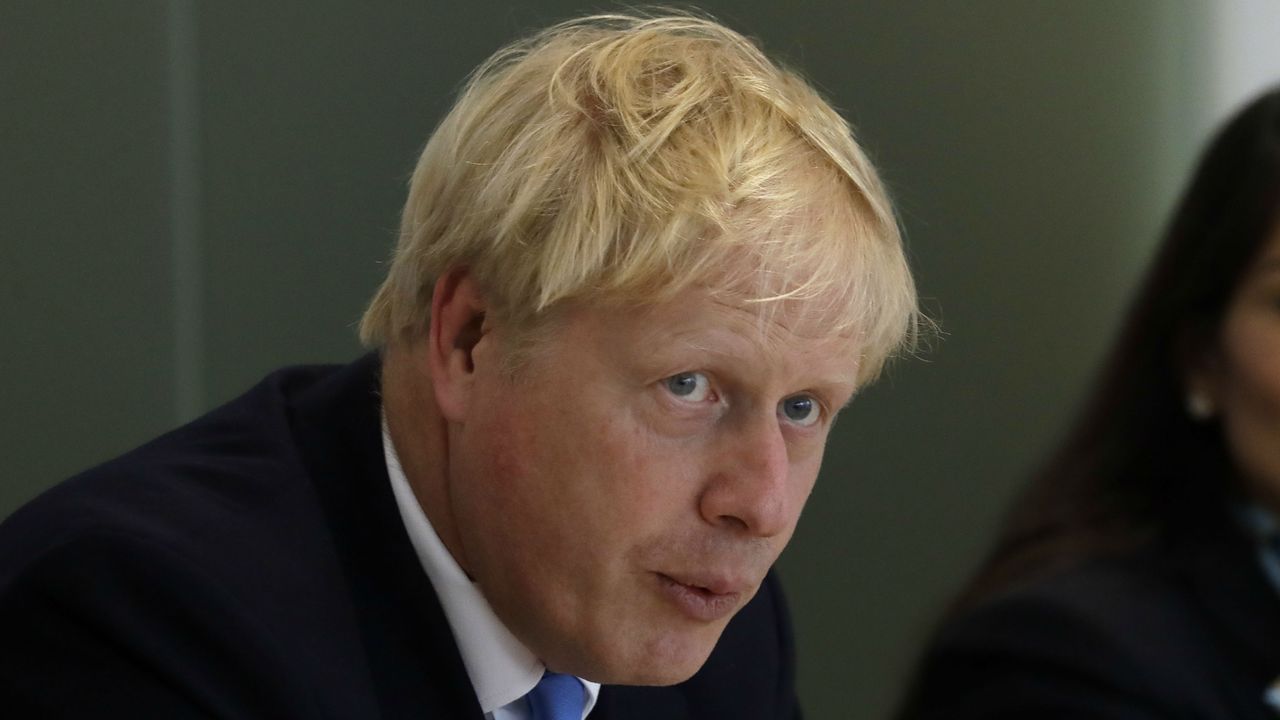Boris Johnson yesterday fought off accusations that he was “not just a lawbreaker but a serial offender” as he faced MPs for the first time since receiving a fixed penalty notice.
The prime minister offered a “wholehearted apology” for attending his own birthday party in Downing Street in June 2020, which resulted in a police fine last week. However, he repeated that “it did not occur” to him that the gathering could “amount to a breach of the rules”.
Labour leader Keir Starmer has urged him to resign after becoming the “first prime minister to be officially found to have broken the law in office” and reminded the Commons that Johnson remained “under investigation for additional lawbreaking”.
Escape your echo chamber
The Week is a trusted, balanced, and smart source you can count on to cut through the controversies. Secure access to essential intel as the new administration takes shape.

Has Boris Johnson committed a crime?
The prime minister broke the law but by paying the fixed penalty fine he has avoided being prosecuted for the offence and so will not have a criminal record.
LATEST VIDEOS FROM theweek
“An offender would face criminal prosecution only if a fixed penalty notice was unpaid after 28 days and the relevant police force decided to prosecute,” explained the Commons’ Justice Committee in a report into the Covid-related offences.
Can a prime minister be arrested?
Yes, a UK prime minister can be questioned as a witness – as Tony Blair was in the 2005 cash for honours probe – or under caution as part of a police investigation.
However, Johnson was not arrested over Partygate and is not believed to have been interviewed by police, according to ITV’s Robert Peston. Instead, he was among the people asked by Scotland Yard in February to fill in a questionnaire about suspected breaches of Covid rules.
He was handed a £100 fixed penalty notice, halved to £50 because he paid it within 14 days. However, even his own team reportedly think it is “inevitable” that more fines are to come.
Police in England and Wales had processed more than 118,000 fixed penalty notices under the Covid regulations by November 2021 but this did not translate into the same number of arrests. In one high-profile incident in January 2021, a woman was arrested by Dorset Police for refusing to give her details. She was stopped by officers for sitting on a bench in Bournemouth. Another woman from Merseyside was arrested in November 2020 after keeping her gym open despite lockdown rules and then refusing to answer questions from police.
Is there punishment for misleading parliament?
The ministerial code says it is “of paramount importance that ministers give accurate and truthful information to Parliament, correcting any inadvertent error at the earliest opportunity” - and that ministers who “knowingly mislead Parliament will be expected to offer their resignation to the prime minister”.
However, “there is no means of compelling this”, noted the Institute of Government. A minister who refuses to correct inaccurate information may also be found to have committed a contempt of parliament. Here, too, “Parliament’s powers to punish contempt are quite weak,” said the Institute.
“Parliament used to be able to imprison or fine perpetrators, as a court of law, but these powers have lapsed,” it continued. “The last time parliament fined someone was in 1666, and the last time it imprisoned anyone was in 1880 (in the Clock Tower).”
What about misconduct in public office?
The PM is subject to the same laws as everybody else, but as a holder of public office, there are also additional legal requirements upon him.
Misconduct in public office is an offence that carries a maximum sentence of life imprisonment. A crime is committed “when the office holder acts (or fails to act) in a way that constitutes a breach of the duties of that office”, said the Crown Prosecution Service (CPS).
In January, Green Party peer Jenny Jones said she would like the police to consider whether Johnson and others are guilty of misconduct in public office. Launching the investigation that month, Cressida Dick – who has since resigned as the Met Commissioner – said the force would “police without fear or favour” but that any punishment was likely to come in the form of a fine.
Although many of Johnson’s critics have argued that a prosecution against him for misconduct in office “would be justified”, it is seen as an “archaic” offence, which “tends to be used to prosecute corrupt public officials”, said The Guardian.
“There is no recent precedent for it being used against a government minister,” the paper added.













